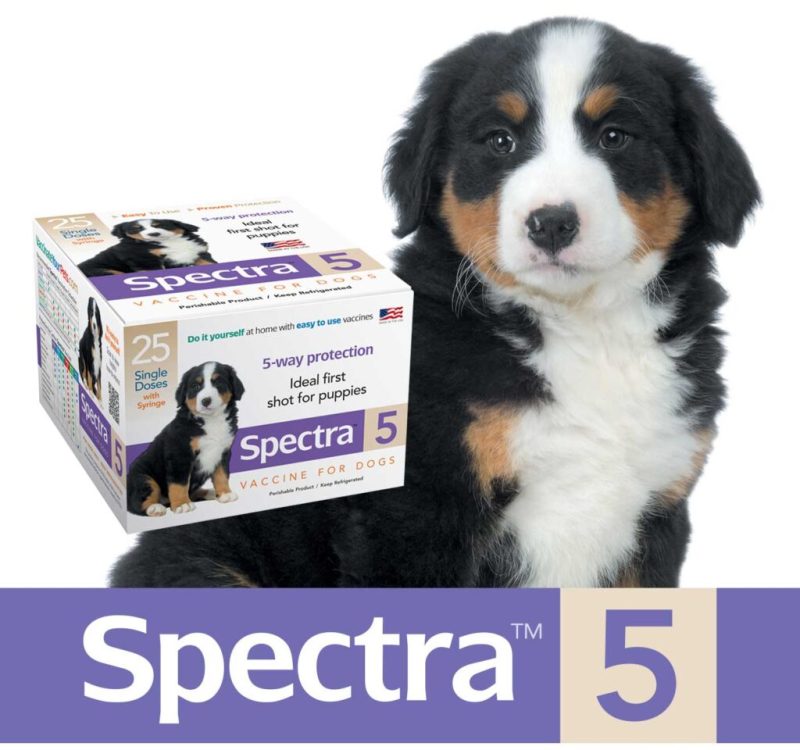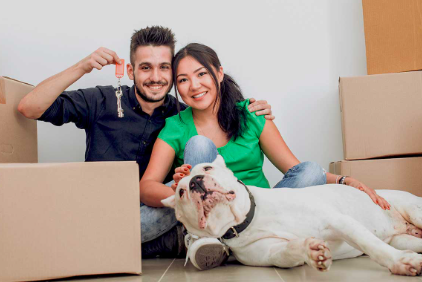Where Can I Get My Dogs Shots For Free – As a veterinarian, I cannot overemphasize the importance of regular preventive care for puppies and dogs, which includes staying on schedule for vaccinations at every stage of life. Keeping your pet’s basic immunity up to date, from puppyhood to adulthood, is key to his long-term health and longevity. Basic vaccinations: Dogs need specific vaccinations for common diseases, as well as lifelong vaccinations that begin in puppyhood and continue with booster shots. Keeping up with your vaccination schedule is important to prevent serious health problems throughout your dog’s life. Although most vaccine side effects are mild, it is important to monitor for any serious reactions and report them to your doctor. How Dog Vaccines Work Dog vaccines introduce a small, harmless piece of antigen from a virus or bacteria into your pet’s body. This causes their immune system to recognize and remember the threat. If your dog later contracts the disease, his immune system will quickly respond to fight the infection. Common Dog Vaccinations There are two types of vaccines for dogs: primary vaccines and secondary vaccines (live vaccines). Basic Vaccinations Vaccinations are generally recommended and considered necessary for all puppies and dogs. This is determined by the severity of the diseases from which it protects. Here is a list of important vaccines for dogs: Distemper Vaccine (CDV). This important vaccine protects against a highly contagious and potentially deadly virus. Canine adenovirus (CAV-1 and CAV-2) The CAV-1 and CAV-2 vaccines protect against adenoviruses that infect the liver, spleen, lungs and eyes. Parainfluenza vaccine. This vaccine provides protection against a virus that causes severe infections of the windpipe and lungs. Parvovirus Vaccine This dog vaccine protects against the highly contagious parvovirus, which causes a dangerous stomach disease. Rabies Vaccine Prevents your dog from getting rabies, a highly contagious disease that is fatal and can be transmitted to humans. Non-core vaccines Non-core vaccines (also called lifelong vaccines) are additional vaccines that are often recommended to provide additional protection based on specific risk factors such as geographic location, health status, and lifestyle. Lifelong vaccines for dogs: Leptospirosis vaccine. This vaccine protects against leptospirosis, a bacterial infection that can cause kidney and liver failure, blood disorders and, in severe cases, breathing problems. Leptospirosis can also be transmitted from dogs to humans. It is often recommended for dogs that spend time in rural areas, wooded areas, or have access to rivers and streams. The Bordetella vaccine protects against kennel cough and is always recommended if your dog goes to dog parks or spends time in daycare or boarding. Lyme Vaccine for Dogs Prevents ticks from transmitting the bacteria known as Borrelia Burgdorferi. Canine Flu Vaccine (H3N8 and H3N2) Protects your puppy or dog from getting the flu from an infected dog. Rattlesnake Toxoid Any puppy or dog over four months of age who is at risk of encountering a rattlesnake while outdoors should receive this vaccine. Puppy and Dog Vaccination Schedules Our licensed team has helped us create a complete chart of puppy and dog vaccination schedules. Pet parents will now have a better idea of when to schedule vaccinations based on the age of their puppies. Vaccination of puppies. To protect puppies, vaccinations are given every two to four weeks until they are 16 weeks old, ensuring they develop immunity as their mother’s antibodies decline. Continue reading: What happens during your puppy’s first visit to the vet? In high-risk areas, extending the duration of vaccination to 20 weeks provides additional protection. This method is important for their early protection from disease, laying the foundation for a healthy life. Age Optional vaccinations DHPP* Distemper Adenovirus Parvovirus Parainfluenza Bordetella 10–12 weeks DHPP Distemper Adenovirus Parvovirus Parainfluenza Bordetella Leptospirosis Lyme Canine influenza 14–16 weeks Parvovirus Bordetella Ditemperosis RaPP Bordetella-Lyttle influenza vaccine for puppies protects against five viruses: distemper, enovirus (distemper dogs), parainfluenza and parvovirus. Vaccination schedule for older dogs. For older dogs, the vaccination schedule changes to booster shots every one to three years, depending on the type of vaccine, the dog’s health and local regulations. This helps maintain immunity against serious diseases as you get older. Booster doses of secondary vaccines are given as needed, depending on the dog’s age, condition, and risk of contracting specific diseases. Age Core vaccine Non-core vaccine 12–16 months DHPP Plague Adenovirus Parvovirus Parainfluenza Rabies Bordetella Leptospirosis Lyme flu Rattlesnake Every 1–3 years DHPP Plague Adenovirus Parvovirus Parainfluenza Rabies Bordetella S Lepto vaccine may provide immunity to other vaccines. In my experience as a veterinarian, side effects from canine vaccines are quite common. However, if your dog’s symptoms do not resolve quickly and any of the serious reactions listed below occur, you should contact your veterinarian immediately. Minor reactions to the vaccine Mild fever Mild fever Pain and discomfort at the injection site Temporary loss of pleasure Mild fever Rare vaccine side effects Vomiting Diarrhea Severe post-vaccination symptoms If your dog experiences any of these symptoms after vaccination, contact your doctor. Contact your veterinarian immediately: Trouble breathing Hives Extreme fatigue Vomiting or diarrhea Sudden swelling of the eyes, nose, or around the eyes Temporary loss of food Should my pet see a veterinarian? Let’s start! 1. Have you noticed changes in your pet’s appetite? Yes No 2. Does your pet have diarrhea or loose stools? Yes No 3. Have you noticed changes in your pet’s thirst/eating? Yes No 4. Does your pet have accidents in the house? Yes No 5. Does your pet walk but cannot sit? Yes No 6. Is your pet breathing faster than usual? Yes No 7. Does your pet cry or cry more than usual? Yes No 8. Is your pet shaking more than usual? Yes No 9. Does your pet avoid or avoid physical contact more than usual? Yes No 10. Is your pet more restless and sleepy than usual? Yes No 11. Are you concerned about changes in your pet’s behavior? Yes No 12. Does your pet scratch its ears? Yes No 13. Does your pet lick your bills more than usual? Yes No 14. Does your pet have a rash? Yes No 15. Is your pet moving slower than usual or having difficulty getting up or down? Yes No View Results Should my pet see a veterinarian? 1. Have you noticed changes in your pet’s appetite? 2. Does your pet have diarrhea or loose stools? 3. Have you noticed changes in your pet’s thirst/water consumption? 4. Does your pet have accidents at home? 5. Is your pet walking and can’t calm down? 6. Is your pet breathing faster than usual? 7. Is your pet crying or talking more than usual? 8. Is your pet shaking more than usual? 9. Is your pet avoiding or avoiding physical contact more than usual? 10. Is your pet more restless and sleepy than usual? 11. Are you concerned about changes in your pet’s behavior? 12. Is your pet scratching the monkey? 13. Doesn’t your pet scratch his body with a monkey you like? 14. Do you teach your child without thinking? 15. Is your pet moving slower than usual or having difficulty getting up or down? Conclusion Quiz Share Quiz Maintaining a veterinarian-approved vaccination schedule, combined with regular care such as grooming, exercise, a healthy diet, and regular checkups, all help lay the foundation for a healthy, happy life for your furry friend. We will work with you to create a vaccination plan tailored to your pet’s needs. All of our veterinarians are Fear Free™ certified, allowing you to reduce your pet’s anxiety and provide veterinary care in the comfort of your home. Save time and vaccinate your pet at home. Protect your pet’s health without wasting time at the vet. Preventative care is safe and hassle-free with. Make an Appointment Frequently Asked Questions How do we vaccinate dogs? Conventional dog vaccines are usually given subcutaneously (under the skin), although some are given orally. How much does it cost to vaccinate a dog? Vaccines are usually administered during a pet health exam and cost between $20 and $85 per shot. Prices vary depending on breed, health needs and location. Why is vaccination important for puppies? Dog vaccinations protect puppies from serious and dangerous diseases. What is the difference between primary and secondary vaccination? Specific vaccinations are important and recommended for all dogs due to the increased risk of serious illness. In contrast, secondary vaccines are not mandatory and depend on specific factors such as lifestyle and environment. Can I delay or skip vaccinations for a healthy puppy? Never. Delaying or skipping vaccinations increases your risk of contracting preventable diseases. Can my puppy go outside before all his vaccinations are completed? It’s best to avoid this
Where can i get my dogs shots for cheap, where to get free shots for dogs, where can i get free shots for my puppy, where can i get my dogs shots, where can i get my dogs shots for free, where can i get free rabies shots for my dog, where can i get my kittens shots for free, where can i get my dog shots near me, where can i get free shots for my kitten, where can i get my cat shots for free, where can dogs get free shots, where can i get my puppy's first shots for free

